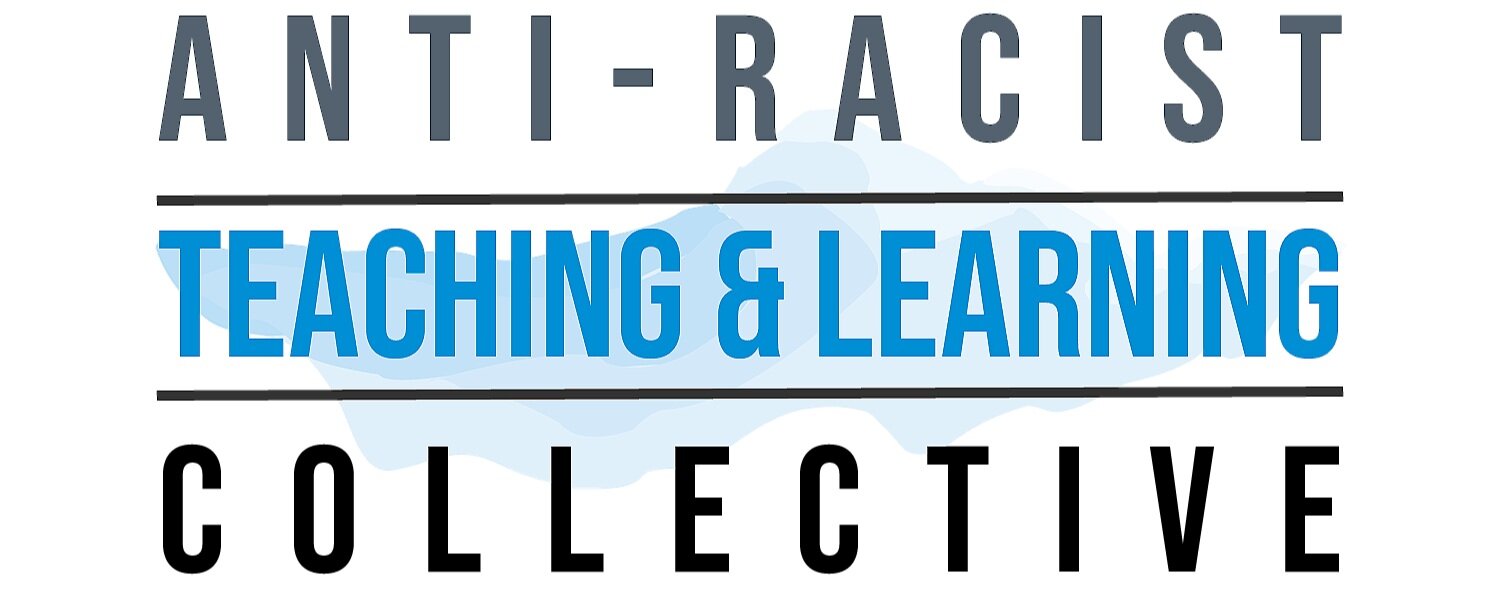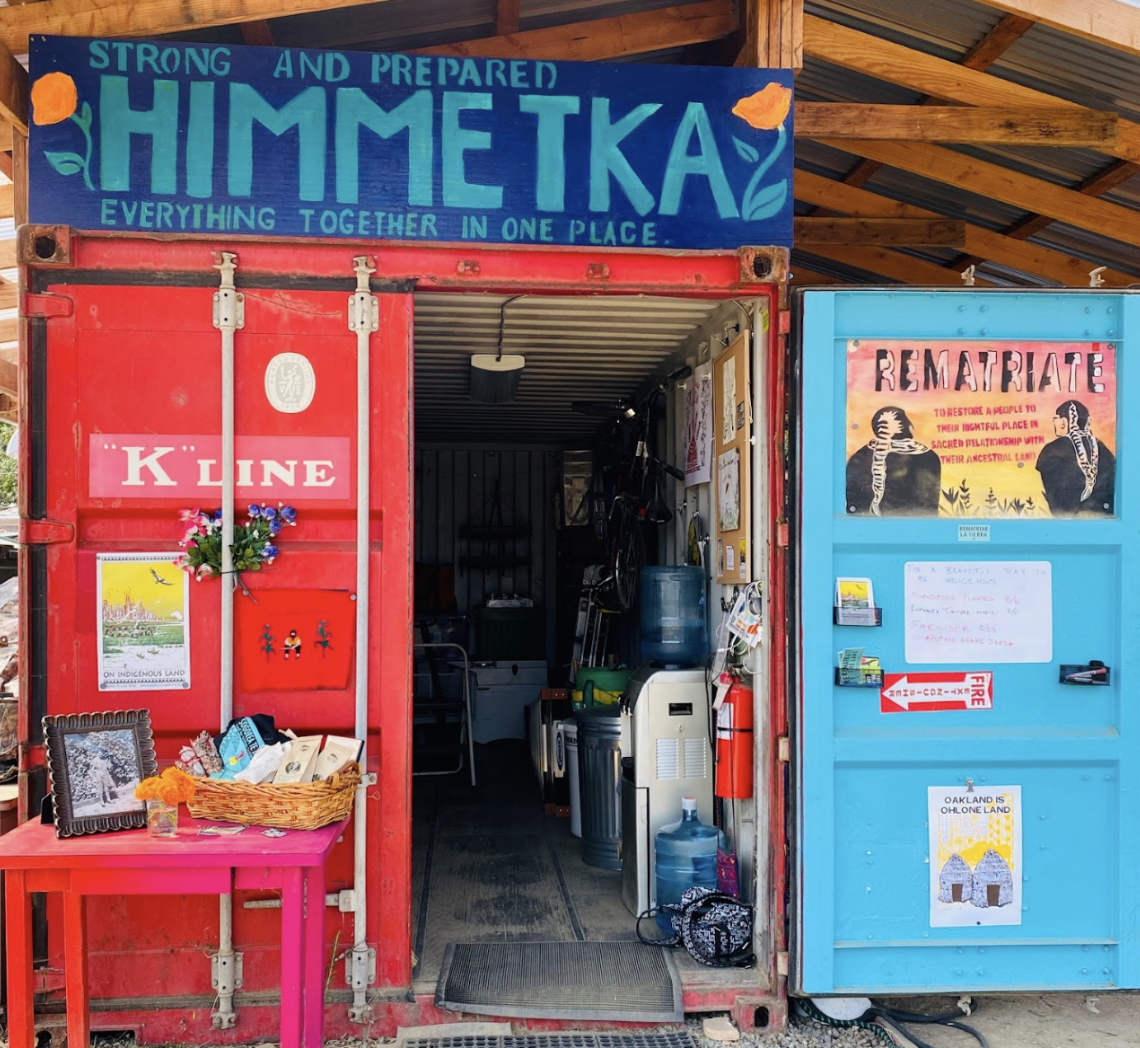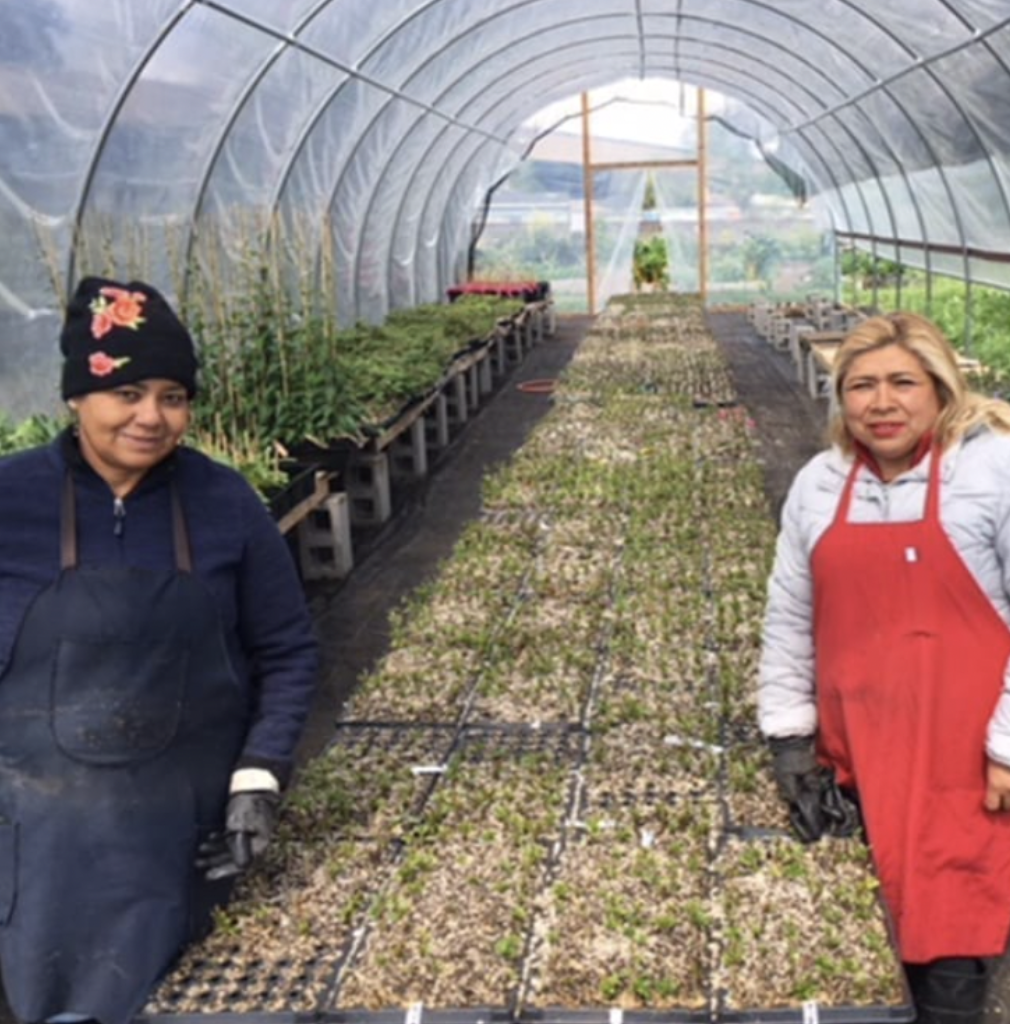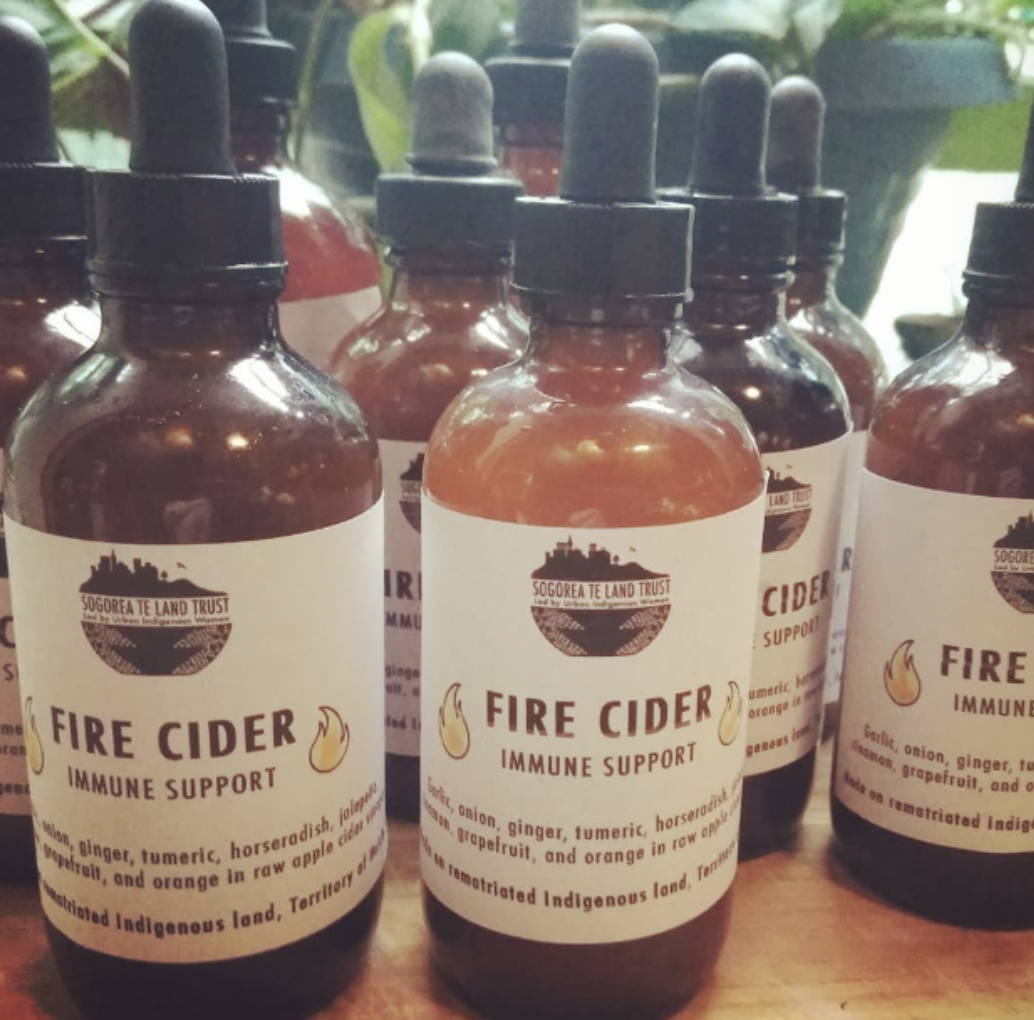BAY AREA: LAND BACK AND ABOLITION NOW
Since 2009, Bay Area’s Planting Justice has transformed neglected and abandoned spaces in low-income communities of color into over 550 community gardens and farms. Built by and for formerly incarcerated people and recent immigrants, Planting Justice responds to the state’s mass disinvestment in their neighborhoods by working to address structural inequalities in the industrialized food system. Taken directly from their site, such inequalities include:
“The systemic exploitation of food system workers (especially undocumented farm and kitchen workers)”
“The lack of access to fresh, nutritious food in low-income communities of color”
Lack of empowering “living-wage jobs [with comprehensive benefits] for formerly incarcerated people”
Lack of education on sustainability and food sovereignty in public schools, juvenile detention centers, jails, and prisons
Day-to-day resistance in the gardens can look like formerly incarcerated folks helping each other with clothing and food stipends and bureaucratic tasks (ie. reinstating drivers licenses after a DUI). It can look like planting medicinal herbs requested by neighbors as a form of spiritual healing and reminders of home. And resistance can also just look like resting, laughing, eating, and growing things together to build community.





